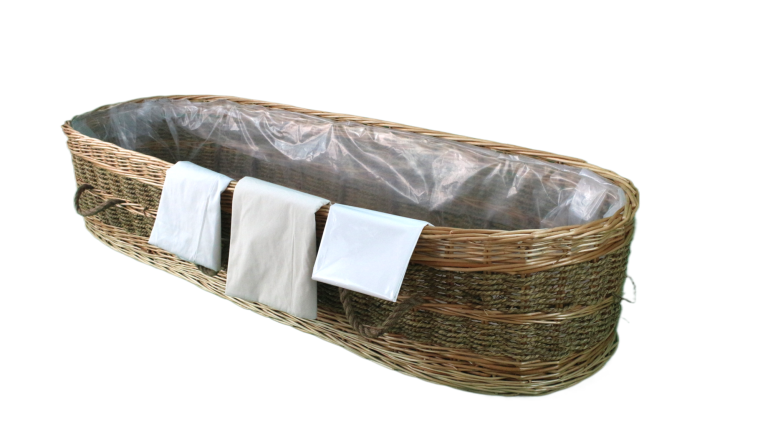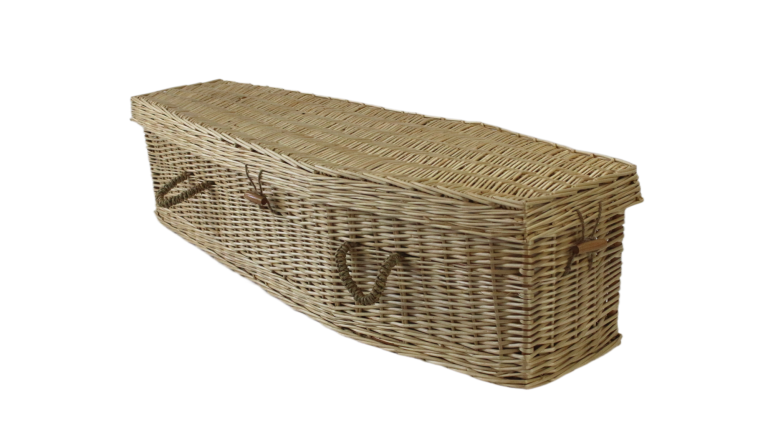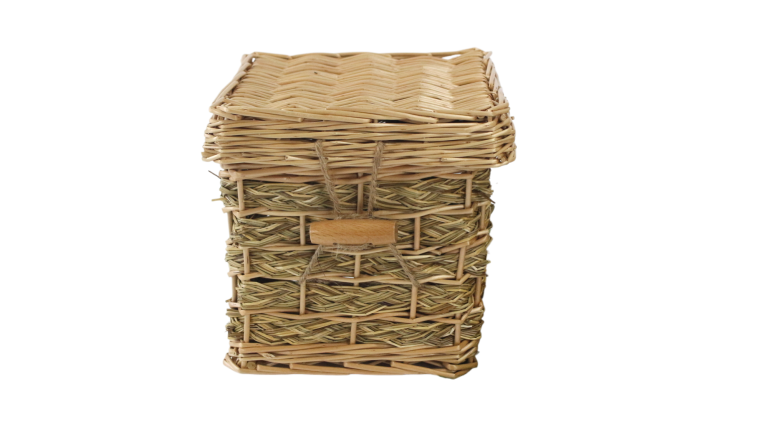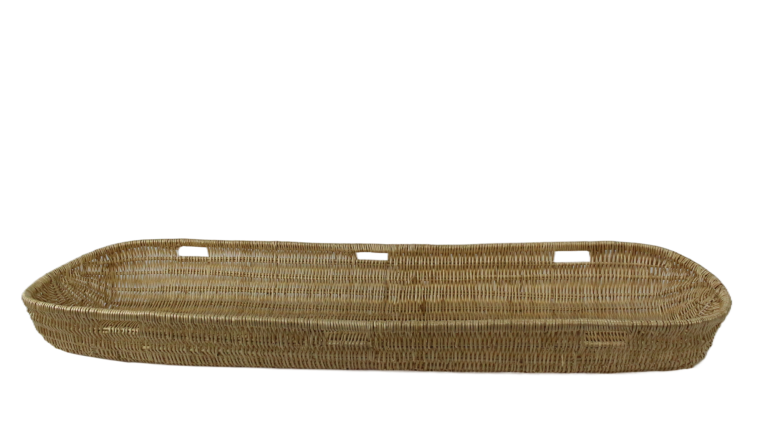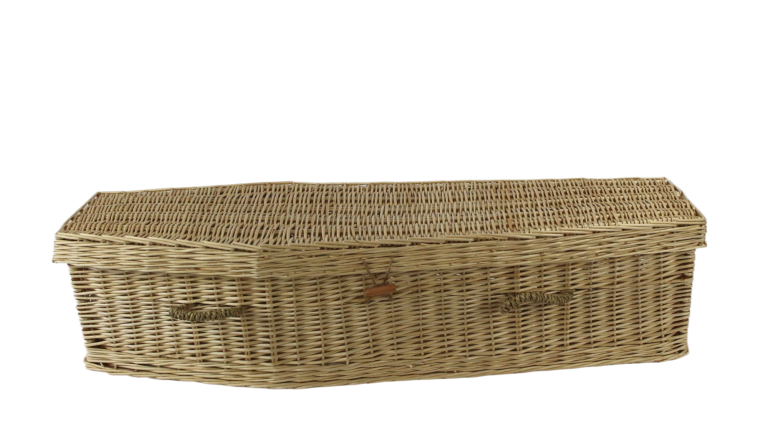As the world shifts toward sustainable end-of-life practices, woven coffins have emerged as a eco-friendly and culturally resonant alternative to traditional options. Their popularity spans continents—from Europe’s柳条 (wicker) traditions to Africa’s蒲草 (sedge) crafts—yet selecting the right one requires balancing ethics, quality, and cultural fit. Below are key considerations, with insights into how China’s Linyi-based source factories shape this global market.
First, prioritize material sustainability. Woven coffins rely on natural fibers, but not all are equal. European options often use locally sourced willow, while African makers favor indigenous papyrus. For a globally accessible, low-impact choice, look to materials like bamboo and reed—staples of Linyi’s production. Located in eastern China’s Shandong Province, Linyi’s Phoenixnestcoffins factories leverage the region’s abundant wetland reeds and fast-growing bamboo, materials that sequester carbon and decompose fully in 6–12 months without toxic residues. This local sourcing also cuts transportation emissions, aligning with true sustainability.
Second, verify craftsmanship and compliance. Woven coffins must meet both structural standards (supporting weight safely) and regional regulations. Linyi’s factories blend traditional weaving techniques with modern quality control: artisans hand-weave frames reinforced with natural adhesives, while each unit undergoes pressure testing to meet EU, US, and ISO requirements. Unlike mass-produced alternatives, these factories offer transparency—buyers can trace materials from harvest to production, ensuring no exploitative labor or chemical treatments.
Third, seek cultural adaptability. Woven coffins shine when they honor personal or cultural traditions. Linyi’s Roconly Crafts manufacturers excel here: they customize weaves to include Chinese knot patterns for East Asian clients, or neutral, minimal designs for Western secular ceremonies. This flexibility bridges global tastes while preserving the craft’s artisanal essence.
Finally, evaluate supply chain transparency. Source factories like those in Linyi eliminate middlemen, offering competitive pricing without compromising quality. Many partner with global funeral providers to offer direct shipping, ensuring freshness (natural fibers degrade if stored too long) and reliability.
In essence, choosing a woven coffin is about aligning values with practicality. By focusing on sustainable materials, verified craftsmanship, cultural relevance, and transparent sourcing, you select a final resting place that honors both the planet and the deceased—and Linyi’s source factories stand as a testament to how global needs can be met through local expertise.
We are a factory supporting eco friendly green funeral(natural willow coffins\bamboo caskets and so on) .. for detail please contact us www.roconly.com;
Roconly (LinYi) Funeral Supplies Co.,Ltd.
Whatsapp: +86-18265103836 (Whatsapp & Wechat & Tel)
Email: jason@roconly.com
#willowcoffin#greencoffins#bamboocaskets#urns#naturalcoffins#chinafactory#scattertube#naturalburial#FuneralSupplies#cross#flowerbands#shrouds #carrierfuneral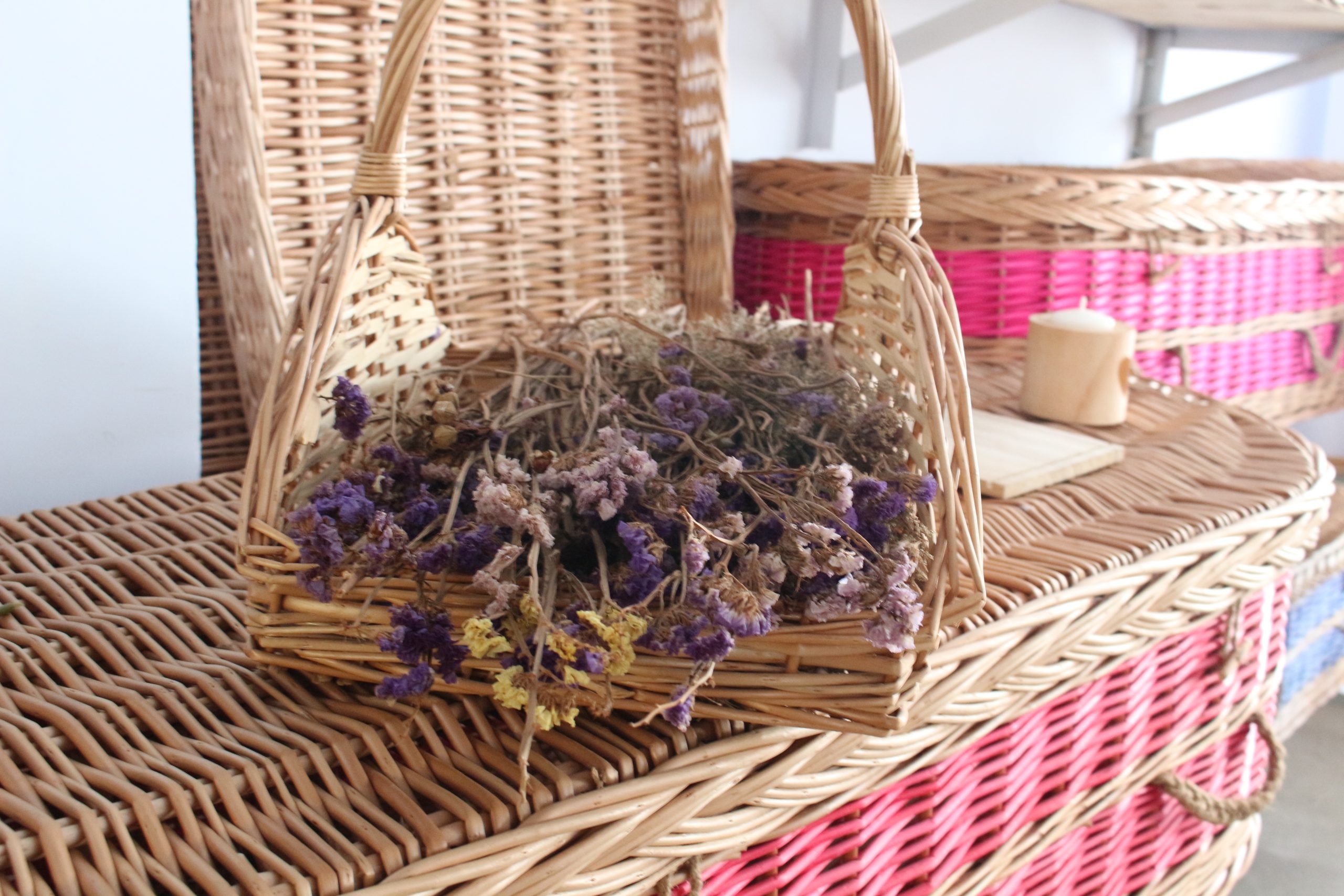 All our coffins soft padded liners work particularly well with our coffins and are a more eco friendly version compared to the silk liners of old#roconlycoffins #everecoffin #ecocoffin #cremations#planning #sustainable #ecofriendly @everyone@followers
All our coffins soft padded liners work particularly well with our coffins and are a more eco friendly version compared to the silk liners of old#roconlycoffins #everecoffin #ecocoffin #cremations#planning #sustainable #ecofriendly @everyone@followers
